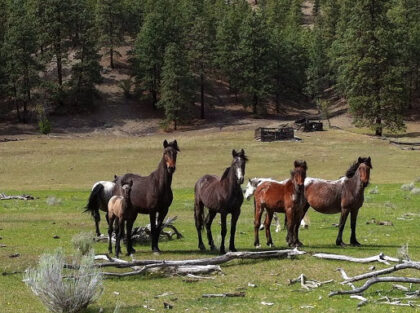May is Asian Heritage Month
In recognition of May being Asian Heritage Month, the newly-formed UCV BIPOC Caucus will be hosting a series of weekly Friday Film Night events.
A list of relevant resources can be found here.
A brief history of four major Asian communities in Canada:
The earliest Chinese settlers arrived on the shore of Canada’s west coast to help build a trading post for beaver pelts in 1788. Now there are 1.8 million people reported being of Chinese origin.
Japanese first recorded arrival was 1877. They worked mostly in fishing, farming and logging industries. The 2016 census reported 121,485 people of Japanese origin.
South Asians came mostly from India, Pakistan, Bangladesh and Sri Lanka. Their first recorded arrival was 1903. They worked almost exclusively in the lumber industry. 1, 963,330 Canadians reported South Asian origins in the 2016 census.
Filipinos first reported arrival in Canada was 1965. Most came in the 70’s. Many work in health and are care providers. 837,130 people reported being of Filipino ethnic origin in the 2016 Census.
More information on Asian Canadian history. Excerpts from “The Canadian Encyclopedia” (Maybe just post the links?):
– The first Chinese people to settle in Canada were 50 artisans who accompanied Captain John Meares in 1788 to help build a trading post and encourage trade in sea otter pelts between Guangzhou, China, and Nootka Sound, British Columbia. Chinese Canadians are one of the largest ethnic groups in the country. In the 2016 census, 1.8 million people reported being of Chinese origin. Despite their importance to the Canadian economy, including the construction of the Canadian Pacific Railway (CPR), many European Canadians were historically hostile to Chinese immigration. A prohibitive head tax restricted Chinese immigration to Canada from 1885 to 1923. From 1923 to 1947, the Chinese were excluded altogether from immigrating to Canada. (By Anthony B. Chan)
https://www.thecanadianencyclopedia.ca/en/article/chinese-canadians
– The first generation of Japanese immigrants, called Issei, arrived between 1877 and 1928, and the second after 1967. The 2016 census reported 121,485 people of Japanese origin in Canada, or 0.35 per cent of the Canadian population. The first generations of Japanese Canadians were denied the full rights of citizens, such as the right to vote in provincial and federal elections and to work in certain industries. During the Second World War, the federal government interned and dispossessed over 20,000 Japanese Canadians. (By Anne Sunshara)
https://www.thecanadianencyclopedia.ca/en/article/japanese-canadians
South Asians trace their origins to South Asia, which encompasses India, Pakistan, Bangladesh and Sri Lanka. Most South Asian Canadians are immigrants or descendants of immigrants from these countries, but immigrants from South Asian communities established during British colonial times also include those from East and South Africa, Guyana, Trinidad and Tobago, Fiji and Mauritius. Others come from Britain, the US and Europe. In the 2016 census, 1, 963,330 Canadians reported South Asian origins. (By Norman Buchignani)
https://thecanadianencyclopedia.ca/en/article/south-asians
– Immigration to Canada from the Philippines is relatively recent: it began in the 1970s. In the 2016 Census, 837,130 people reported being of Filipino ethnic origin. Filipino Canadians thus constitute the largest group of Southeast Asian Canadians (By Eleanor R. Laquian)




 UCV’s seven voting delegates for the 2021 CUC AGM are:
UCV’s seven voting delegates for the 2021 CUC AGM are:
You must be logged in to post a comment.